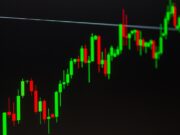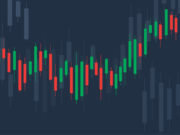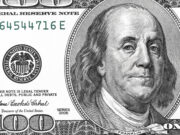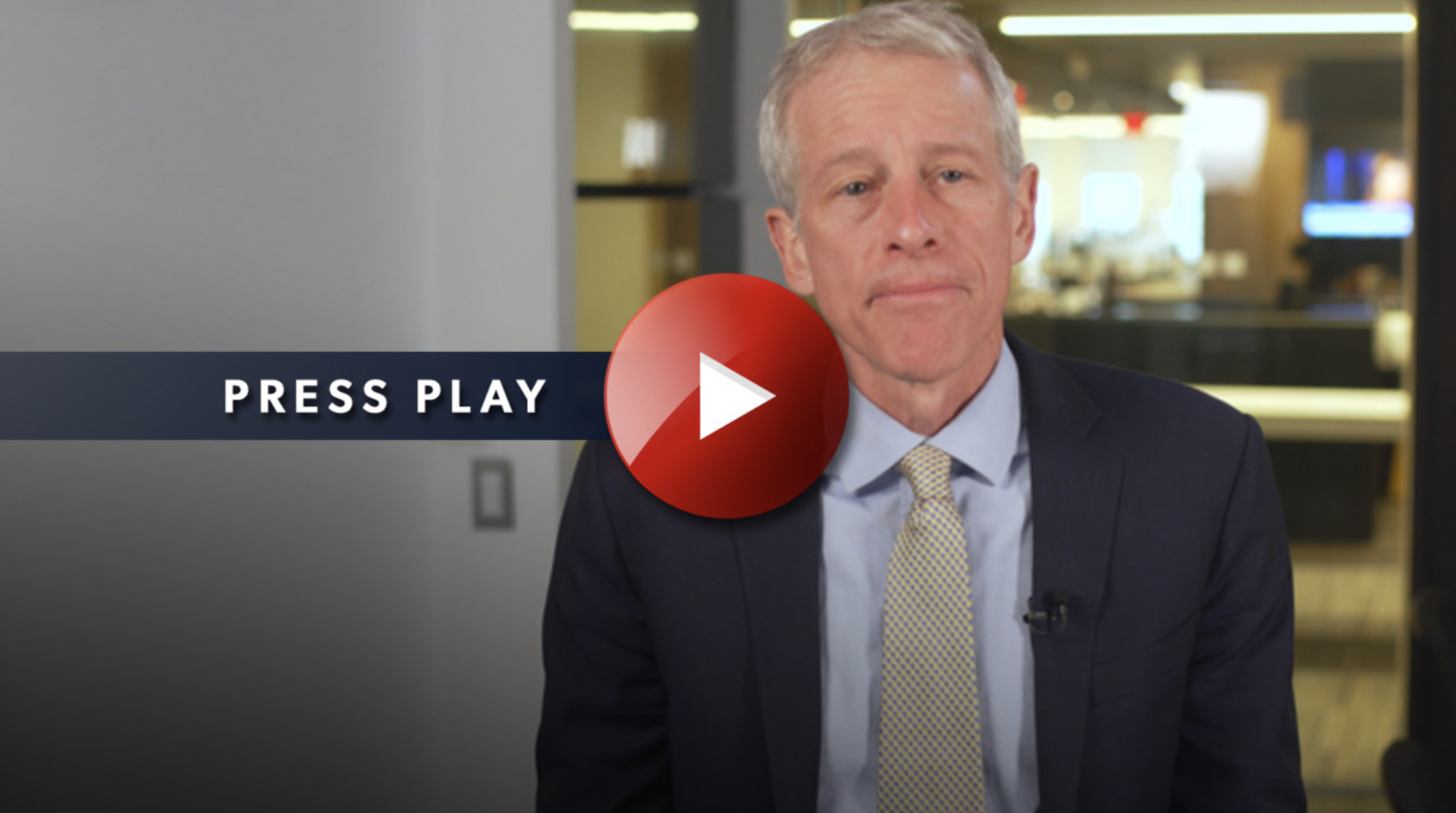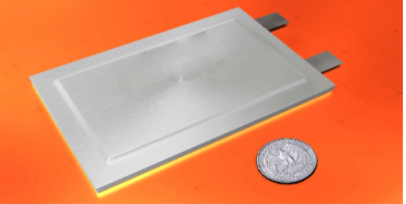Jerome Powell, Chairman of the Federal Reserve, told legislators on Wednesday that the institution has the power to lower inflation and is committed. In a statement for the Senate Banking Committee, Powell said, “At the Fed, we understand the hardship high inflation is causing. We are strongly committed to bringing inflation back down, and we are moving expeditiously to do so. We have both the tools we need and the resolve it will take to restore price stability on behalf of American families and businesses.”
In addition to vowing to fight inflation, Powell said that the overall state of the economy is positive, with a robust job market and consistently rising demand. Senator Elizabeth Warren cautioned Powell that more rate increases might “tip this economy into recession” without halting inflation. She went on to add, “You know what’s worse than high inflation and low unemployment is high inflation and a recession with millions of people out of work, and I hope you’ll reconsider that before you drive the economy off a cliff.” Powell said that although he feels the economy is robust, he admits that recession is still possible.
What more was said, and more importantly, what should we ultimately take away from it all? Get the crucial details in the full report here:
Regarding a potential recession, Chairman Powell pointed out that “It’s certainly a possibility. It’s not our intended outcome at all, but it’s certainly a possibility, and frankly, the events of the last few months around the world have made it more difficult for us to achieve what we want, which is 2% inflation and still a strong labor market.”
Achieving a “soft landing” will be challenging when policy is tightened without experiencing extreme economic conditions like a recession. “It is our goal. It is going to be very challenging. It has been made significantly more challenging by the events of the last few months, thinking here of the war and commodities prices, and further problems with supply chains,” Powell added. “The question of whether we’re able to accomplish that is going to depend to some extent on factors that we don’t control.”
Powell stressed that the inflation rate must decline because it has been running too high. The consumer price index (CPI) reached its highest point since December 1981 in May, up 8.6% from last year. According to Powell, over the next several months, the Fed will be looking for persuasive evidence that inflation is heading down, consistent with inflation returning to its 2% objective.
“We anticipate that ongoing rate increases will be appropriate; the pace of those changes will continue to depend on the incoming data and the evolving outlook for the economy.” Powell stressed that inflation pressures are exacerbated by the Russia-Ukraine conflict and China-related blackouts tied to the pandemic. He added that this is harming the U.S. economy and many other nations too.
Per a congressional obligation, Powell’s comments are part of a semi-annual report on monetary policy that is more popularly known as the Humphrey Hawkins report and testimony. For typical Fed policy, this is a challenging time. To combat inflation, which is currently running at its highest annual pace in more than 40 years, the central bank has hiked rates a total of 150 basis points during its last three sessions, or 1.5 percentage points.
Last week, the Federal Open Market Committee (FOMC) meeting saw the largest single rise since 1994 with a 75 basis point increase. Rates would likely increase to a “moderately restrictive level,” according to Powell. Legislators in the Senate pressured Powell to combat inflation and questioned if White House initiatives like rules for the energy sector were escalating market pressures.
Powell has emphasized his belief that tightening policy will be a successful tool against inflation and that the economy is prepared to withstand higher rates. He also kindly informed Senator Warren that increased rates wouldn’t help reduce the price hikes of groceries and gasoline. This year, the economy has begun to show cracks that point to higher rates on the horizon as the economy is already slowing.
According to the Atlanta Fed, the first quarter’s gross domestic product shrank by 1.5% annually, and the second quarter is expected to be flat. When inflation-adjusted salaries have decreased by 3% over the previous year, housing sales have been falling, and there have even been indications that the employment market is gradually slowing down.
Powell and his colleagues have said the rate rises will continue despite the hiccups in the economy. According to projections made at the meeting, the Fed’s benchmark short-term borrowing rate will increase from its target range of 1.5% -1.75% to 3.4%, or 340 basis points, by the year’s end.

